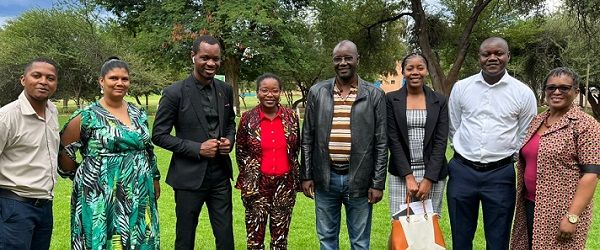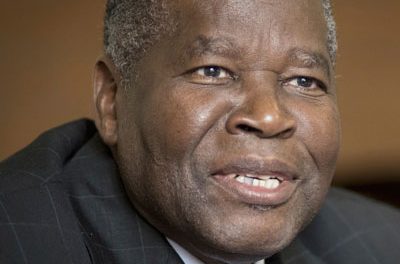
Environmental fund starts process to draft programming schedule for local projects

The Environmental Investment Fund of Namibia (EIF) started this week with consultations in Windhoek involving various stakeholders to determine the fund’s programming pipeline for local projects.
The EIF is the Namibian facilitator of funding for projects that have an environmental or societal impact, and that contribute to the mitigation of the adverse effects of climate change. The fund is funded in tranches by the Green Climate Fund following an Accreditation Master Agreement with the EIF, signed in Korea in September last year.
The EIF is established by an Act of Parliament to mobilise resources to become a recognised leader in the development of and application of innovative financing mechanisms to support environment and climate resilient development pathways.
The objective is to create a blended financing facility in a form of green guarantee schemes to de-risk the EIF Green Credit Line and attract additional investments through leveraging private sector capital.
In 2020, key stakeholders were consulted during the scoping process and recommended to the EIF the formation of a Technical Working Group comprising the EIF, the Ministry of Environment, Forestry and Tourism, the Association of Local Authorities in Namibia, the Namibia Association of Local Authorities Offices, the Ministry of Agriculture, Water and Land Reform, the Ministry of Urban and Rural Development, and the UNDP and World Food Programme in the UN stable.
The Environmental Investment Fund is Namibia’s response to the growing global need for green financing. Established by the Environmental Investment Fund Act of 2001 with a mandate to raise funding for investments into projects and programmes that promote sustainable development, it is a fast-growing green and climate financing institutions.
Since inception, the Fund has disbursed grants valued at more than N$583 million, ensured that more than 240,256 hectares of land are under conservation, approved 71 grants for different environmental projects which created more than 950 rural employment opportunities. The Fund channelled funding for the refurbishment of 169 boreholes to local communities, benefitting more than 77,000 people who now have access to potable water.












































